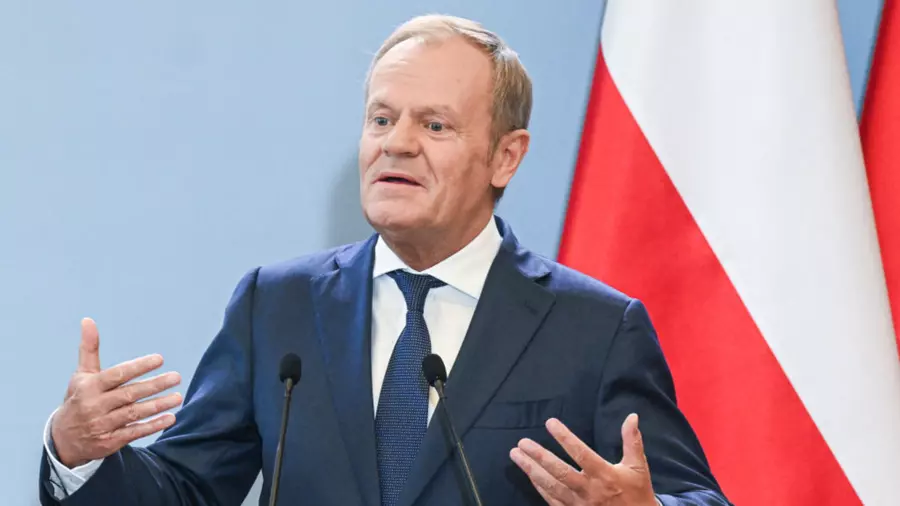Last month, Hungarian Prime Minister Viktor Orban extended his country’s special visa regime, called the National Card system, to include Russian and Belarusian nationals. This scheme allows foreigners to work in Hungary for up to two years and opens the door for them to apply for permanent residency. However, this move has sparked concern among some EU officials, particularly those from Poland and the Baltic States, who argue that it could make it easier for Russian spies to enter the bloc.
European People’s Party Chairman Manfred Weber expressed these concerns in a letter to European Council President Charles Michel, while 67 members of the EU Parliament sent an official letter to European Commission President Ursula von der Leyen, demanding Hungary be punished if it refuses to change its visa policy. One signatory, Finnish MP Tytti Tuppurainen, even suggested introducing border controls with Hungary and ultimately excluding it from the Schengen Area if its new visa requirements are not amended.
In response, Polish Prime Minister Donald Tusk has warned against such drastic measures. He stated that expulsion from the Schengen Area would essentially be a prelude to expulsion from the EU itself. While Tusk acknowledged that Hungary’s visa decision may have violated European law and security regulations related to Schengen countries, he also pointed out that Hungary is not the only EU country that grants visas to Belarusians and Russians, which would make punishing it ineffective in preventing their entry into the bloc.
Tusk’s comments come amid ongoing tensions between Hungary and other European countries over their respective stances on Russia’s invasion of Ukraine. Poland has been a key supporter of Kiev during the conflict, providing military aid and acting as a hub for Western weapons supplies. Meanwhile, Hungary has opposed funding and arming Ukraine, instead calling for a diplomatic solution to the crisis. Orban even embarked on what he called a Ukraine ‘peace mission’ last month, holding talks with both Kiev and Moscow in an attempt to encourage negotiations between the two sides.
In light of these events, Brussels has asked Budapest to provide an official explanation for its visa decision. The EU is expected to address the issue at its summit in October.

